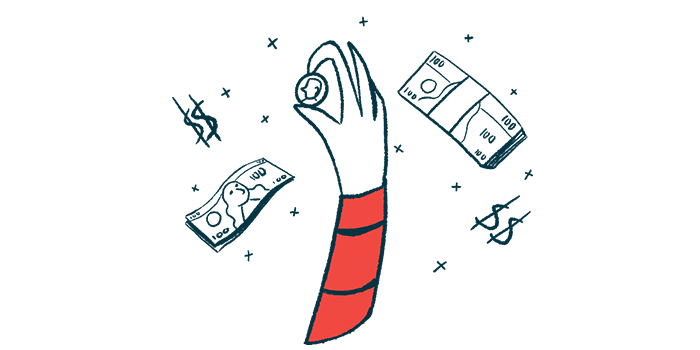NORD’s patient assistance programs help cover costs for Fabry patients
Through 'RareCare,' nonprofit aims to ease disease's financial burden
Written by |

The National Organization of Rare Disorders (NORD) is offering financial assistance to people with Fabry disease and their caregivers who may be facing challenges in managing treatment and care-related expenses not covered by health insurance.
The nonprofit’s initiatives fall under its RareCare patient assistance programs, which were established to provide diverse forms of aid to those affected by rare diseases.
These programs cover a variety of essential healthcare expenses, including physician consultation fees, deductibles, and other out-of-pocket costs not covered by health insurance policies. Additionally, eligible patients can apply for financial assistance related to prescribed Fabry medications, laboratory and imaging tests, and supportive therapy, such as physical, occupational, and speech therapies, or nutrition services.
“Our RareCare program helps patients obtain life-saving or life-sustaining medication they could not otherwise afford,” NORD states on its program webpage. “The program also provides financial assistance with insurance premiums and co-pays, diagnostic testing assistance, and travel assistance for clinical trials or consultation with disease specialists.”
Financial awards are granted for a one-year period, and patients can reapply annually to seek continued support as long as assistance is necessary.
Patient assistance programs require US citizenship or residency
To apply for assistance, patients must be U.S. citizens or have been a U.S. resident for six or more months. Applicants also must meet financial eligibility criteria and have a diagnosis of Fabry disease. Importantly, caregivers also can submit applications on behalf of eligible patients who require assistance.
Fabry disease is a rare genetic condition in which patients inherit a faulty gene that causes the harmful buildup of fatty molecules within cells. This accumulation disrupts the function of various organs, most notably the kidneys and heart, leading to symptoms such as progressive organ damage and other complications.
Rare diseases like Fabry often impose a significant financial burden on patients and their families due to high out-of-pocket healthcare costs, studies have shown. These expenses can hinder access to essential medical care and impact the quality of life of affected individuals.
NORD is a nonprofit that’s dedicated to supporting people with rare diseases through advocacy, research funding, education, and networking with service providers. Through its RareCare patient assistance programs, the organization helps those affected by a rare disease to pay for medication and insurance premiums and defray the cost of travel to clinical trials or specialist consultations. NORD’s aid programs can also help those with rare diseases and their caregivers to connect with other patient assistance programs that may be able to further help in reducing the costs of treatment and care.
The organization also can help with caregiver aid, offering financial support and allowing these individuals to take time off from their caregiving responsibilities to attend conferences, events, or enjoy some personal time.
NORD is also deeply invested in advocacy and improving education about rare diseases. A rare disease education support program is available to help patients and caregivers access educational programs and conferences focused on rare diseases. Through NORD’s financial assistance, individuals can receive help with registration fees and limited support for related travel and accommodation expenses.
These awards are given based on meeting eligibility criteria and funding availability, and financial assistance is awarded on a first-come, first-serve basis.






